There's no better way to sabotage your ski vacation than forgetting a crucial piece of equipment. Due to the ongoing pandemic, remember to bring your masks and any other items required in your destination country at the time of your trip.
In addition to the inconvenience, once you're in a ski resort, you'll often find yourself paying over-the-odds to replace items you already have at home – so make sure you pack for your ski trip like a pro by following our comprehensive ski trip packing list!
Packing List For A Perfect Ski Vacation
Base Layers
The first line of defense against the cold is base layers or thermals. It's critical that the base layer wicks moisture, dries quickly, and is comfortable enough to wear all day. For added protection, we prefer a top with a collar and a large waistband for the legs. A top thermal with a 1/4 zip is a great option because it allows you to dump heat when you get hot.
A high-quality base layer is made of a natural fiber such as wool, which has numerous technical benefits. Wool is odor-resistant, wicks away sweat or snow, and is extremely warm. Backcountry has a fantastic collection of base layers available to shop here.
Thermals
Leg base layers are also ideal for strolling around town or at a resort. You don't want to go to the bar in your ski pants, but jeans might be too cold. However, wearing a pair of thermals underneath will keep you much warmer. When shopping, keep in mind that top and bottom sizes can differ. Click here to shop Backcountry Thermals.
Performance Socks
I would recommend two pairs of ski socks for the average ski trip packing list, and three pairs if the trip is longer. Socks should be made of a natural or synthetic material, similar to thermals. Wearing cotton socks while skiing will almost certainly result in cold feet. For the most part, any pair of wool or warm synthetic socks will suffice.
Ski and snowboard socks, on the other hand, are cut high up the calf to protect the skin from the boot. Backcountry has a fantastic set of panels on the heel and shin, which are the most vulnerable to pressure and abrasion. They have more insulation and material that wicks moisture away from the body. If you ski a lot, they're well worth the money! Click here to buy yourself one.
Insulated Jacket
The most important item to bring on a ski trip is a jacket. Most skiers and riders will benefit from a lightly insulated jacket with a waterproof shell and snow skirt. For resort wear, a shell jacket with light insulation is recommended. Wrist gaiters, a snow skirt, and a helmet-compatible hood are just a few of the cool features of the Insulated Jackets.
This Volcom Shadow Insulated Jacket is a great choice because it offers great value. Granted, it lacks any sort of performance or long-term credibility. Every ski jacket should have a snow skirt and be helmet compatible. Don't go out and buy a new jacket if it's your first time. Wear your warmest winter coat and expect some snow to fall down your pants. Click here to purchase your favorite Backcountry insulated jacket style.
Hardshell Jacket
A hardshell jacket is made of a waterproof and windproof material that provides superior weather protection. The exterior of these premium jackets is usually made of a multilayered nylon material. As a result, a hardshell jacket provides excellent snow, wind, and moisture protection. Hardshell jackets are a great choice.
This MammutStoney Hardshell Jacket is a top-of-the-line jacket designed to handle anything you can throw at it while skiing or snowboarding. In inclement weather, the rugged jackets keep us dry, and the brushed flannel interior feels great to the touch and disperses moisture quickly to dry. They are expensive, but they are the gold standard. To buy this jacket, click here.
Mid-Layer Jacket
If you use a layering system, the majority of your warmth will come from a mid-layer jacket. When you're not skiing or snowboarding, mid-layers go on over your thermals and act as a jacket. Backcountry has several different types for different conditions, and these jackets come in a wide variety of fashions.
When dry, down jackets provide excellent warmth, but when wet, they lose their insulation. Synthetic down jackets provide slightly less warmth than traditional down jackets, but they can withstand wet weather. The Kari TraaRothe Midlayer Jacket is the best option because it provides plenty of warmth. Click here to purchase this mid-layer jacket.

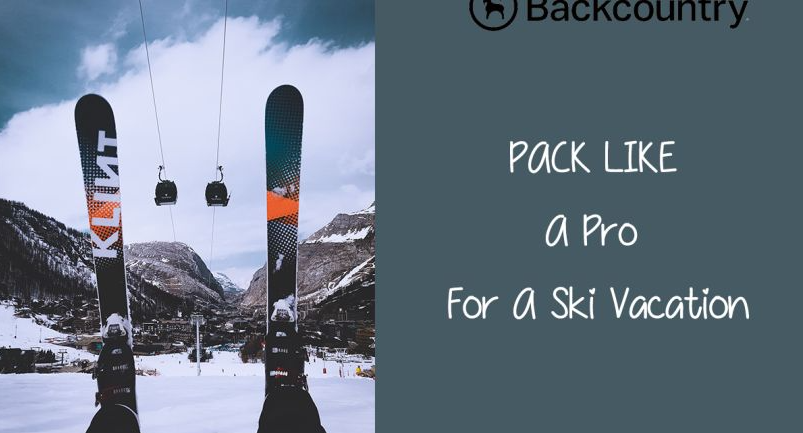
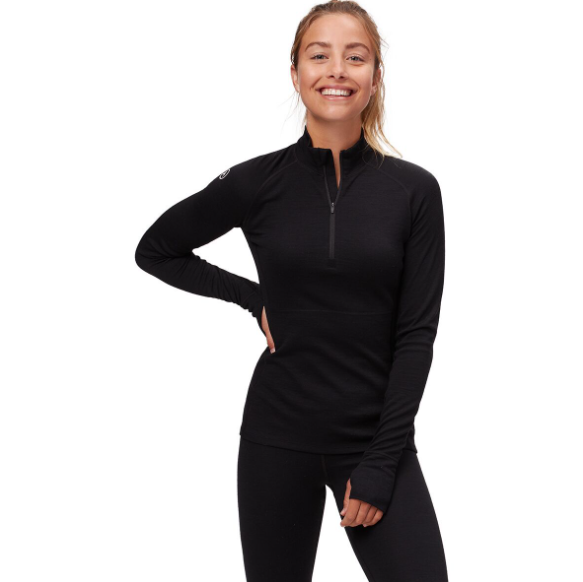
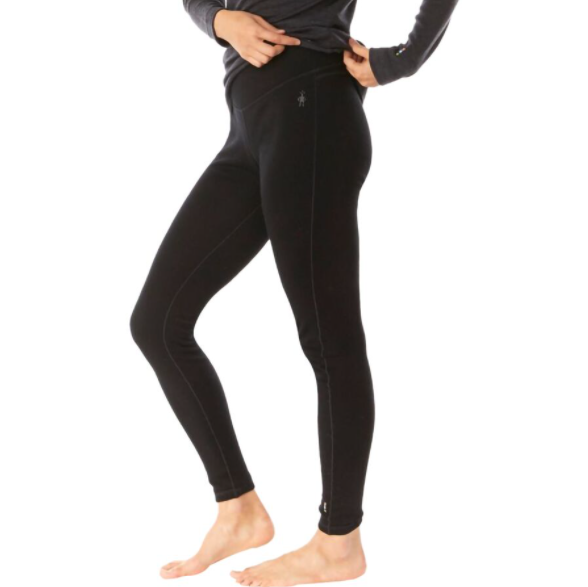
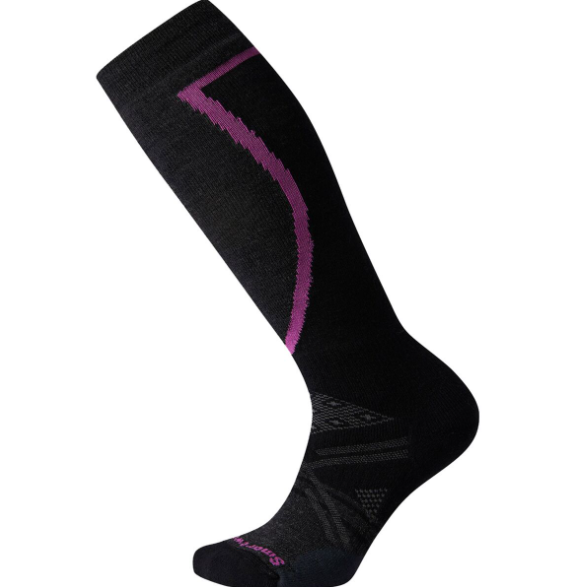
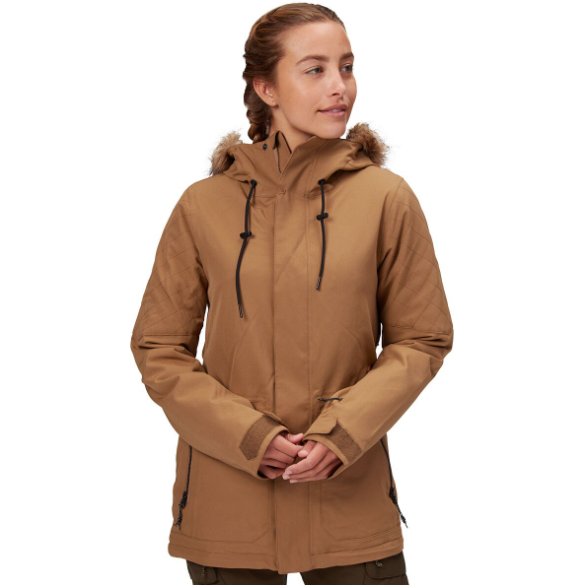
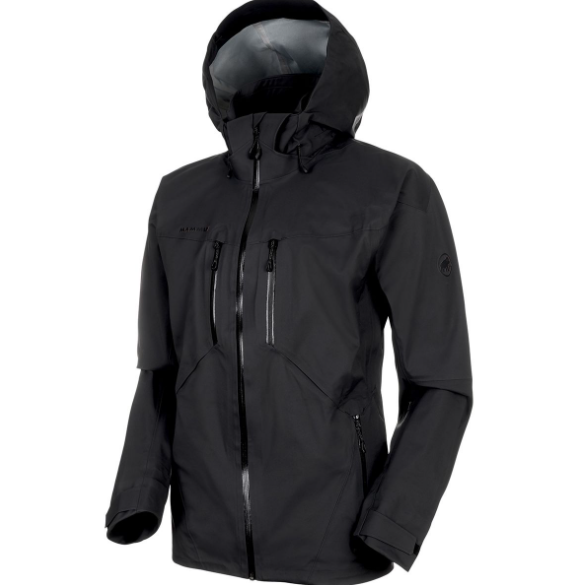
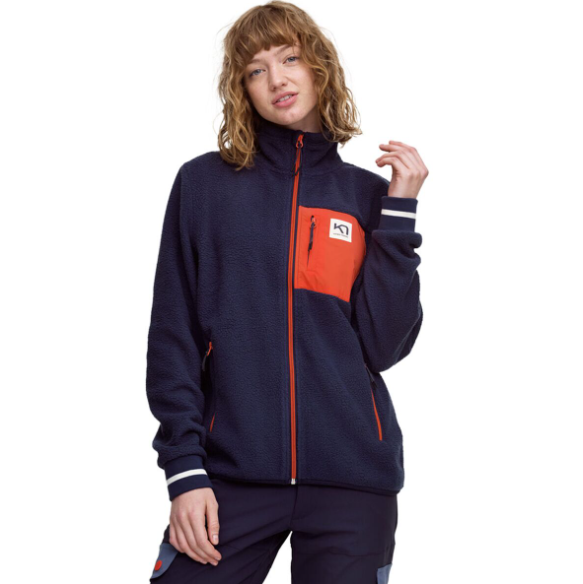
Traeden Monroe is an avid traveler and adventurer, with a love for exploring new cultures and experiencing all the world has to offer. With a keen eye for detail and a passion for storytelling, Traeden captures the essence of each destination he visits, bringing his readers along for the ride. From off-the-beaten-path destinations to must-see tourist attractions, Traeden's travel writing is sure to inspire wanderlust in anyone who reads it.